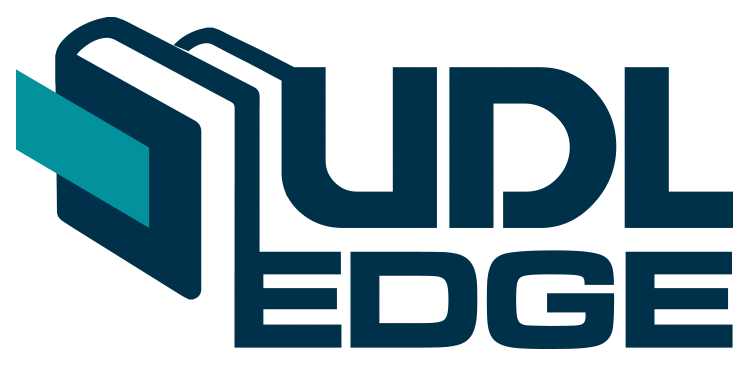Academic Dishonesty Among Higher Education Students: The Malaysian Evidence (2014 To 2016)
DOI:
https://doi.org/10.22452/KATHA.vol13no1.4Abstract
Academic dishonesty has become a global issue and this threatens the academic world from time to time, as listed in findings worldwide. This study aims to provide some insight into the activities of academic dishonesty among higher education students in four selected Malaysian public universities. A survey was conducted on 453 Muslim students in 2014, 365 students in 2015 and 320 students in 2016. The data analyzed using SPSS version 20 to detect validity and reliability of findings. The result shows that 47% of students had committed academic dishonesty at least once in 2014; this was prevalent in 51% of students in 2015 and 49% in 2016. Analysis also indicates that the dominant aspects of academic dishonesty include plagiarizing references while completing assignments and accessing information through digital resources. These outcomes could be used by stakeholders and academic institutions to raise the ethical awareness of plagiarism and academic dishonesty among students pursuing further studies. Nonetheless, further research and academic practices are tentatively proposed.
Downloads
Downloads
Published
How to Cite
Issue
Section
License
Articles submitted to the journal should not have been published before in their current or substantially similar form, or be under consideration for publication elsewhere. Authors submitting articles for publication warrant that the work is not an infringement of any existing copyright and will indemnify the publisher against any breach of such warranty. For ease of dissemination and to ensure proper policing of use, papers and contributions become the legal copyright of the publisher unless otherwise agreed. By submitting a manuscript, the author(s) agree that copyright for the article is transferred to the publisher, if and when the manuscript is accepted for publication. However, it can be reprinted with a proper acknowledgment that it was published in KATHA.

This work is licensed under a Creative Commons Attribution-NonCommercial-NoDerivatives 4.0 International License.




